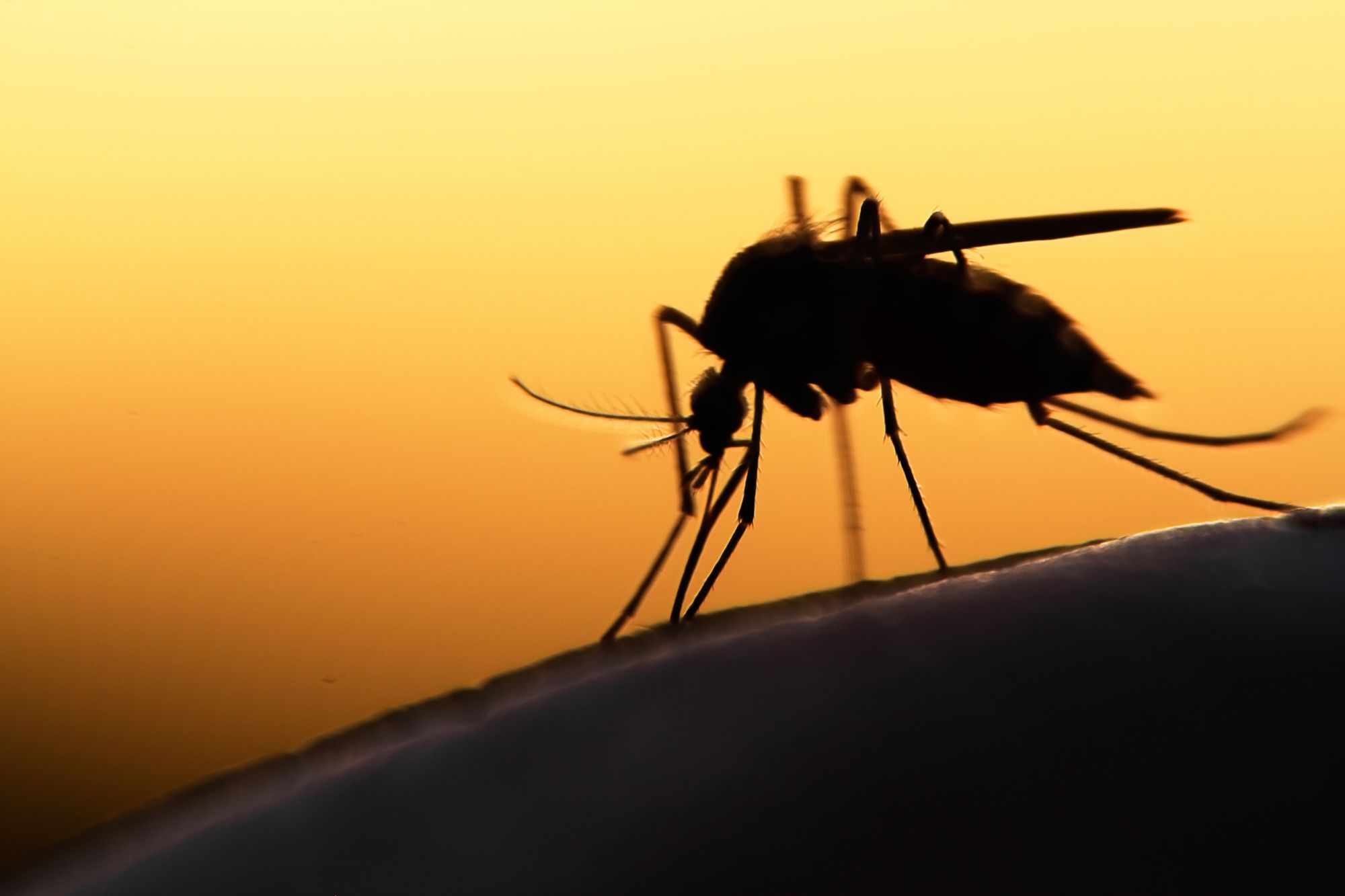Medical
About Us


Our Fields
Universal health coverage (UHC) means that “all people have access to the full range of quality health services they need, when and where they need them, without financial hardship’, and is shown by SDG Target 3.8.
The Loop-Mediated Isothermal Amplification (LAMP) method, a gene amplification technology developed by Eiken Chemical, presents substantial benefits. It eradicates the necessity for refrigerated storage of reagents and can be utilized with portable solar panels or batteries, thereby enabling testing in regions lacking robust electricity infrastructure and in medically underserved areas. It is expected to be a rapid, accurate and simple alternative to sputum smear testing by microscopy.
We designated 'infectious diseases' as one of our priority fields and is aiming for a 'leave no one behind' testing business for infectious diseases.
Tuberculosis (TB)
Tuberculosis (TB) is the second leading cause of death after Covid-19. About 1/5 of the world's population is infected and about 1.3 million people die annually from TB. About 2/3 of new cases occur in low- and middle-income countries in Asia and Africa. While TB is a curable disease if detected early and treated correctly, however, about 1/3 of infected people are left untested and untreated [*1].
TB-LAMP was integrated into WHO guidelines in 2016, being recommended as an alternative to sputum smear testing for high TB burden countries. Furthermore, it was included in the Stop TB Partnership's Global Drug Facility (GDF) catalogue in 2018. Up to now, a cumulative total of 2.75 million tests have been administered in various nations including India, the Philippines, Vietnam, Myanmar, Cambodia, Nepal, Afghanistan, Cameroon, Côte d'Ivoire, Nigeria, Kenya, Uganda, and Zambia resulting the detection of numerous TB cases through TB-LAMP technology.

Malaria
Malaria is a serious and sometimes fatal disease caused by a parasite that commonly infects a certain type of mosquito which feeds on humans. In 2022, there were approximately 240 million estimated cases and more than 608,000 deaths worldwide, and most of countries are sub-Saharan Africa, where malaria is the leading cause of death for children under five [*2].
Malaria LAMP is a comprehensive molecular solution introduced for the diagnosis of malaria. The limit of detection is 1–2 parasites/µL, which is far lower than microscopy and RDTs. In addition, Malaria LAMP can differentiate between Plasmodium pan species.
Malaria is a serious and sometimes fatal disease caused by a parasite that commonly infects a certain type of mosquito which feeds on humans. In 2022, there were approximately 240 million estimated cases and more than 608,000 deaths worldwide, and most of countries are sub-Saharan Africa, where malaria is the leading cause of death for children under five [*2].
Malaria LAMP is a comprehensive molecular solution introduced for the diagnosis of malaria. The limit of detection is 1–2 parasites/µL, which is far lower than microscopy and RDTs. In addition, Malaria LAMP can differentiate between Plasmodium pan species.
Neglected tropical diseases (NTDs)
Neglected tropical diseases (NTDs) are diseases primarily endemic to tropical regions, caused by a range of pathogens, including viruses, bacteria, parasites, fungi, and toxins. They represent a group of infectious diseases predominantly affecting low- and middle-income areas. These diseases pose significant challenges to productivity and perpetuate the cycle of poverty, thereby impeding economic development in affected regions. According to WHO estimates from 2022, approximately 1.65 billion individuals require treatment for NTDs [*3].
-Eiken is working to end Chagas disease-
Chagas disease is transmitted through contact with the feces and urine of the "kissing bug" (insects) and is estimated to affect 7 million people globally. The annual economic burden of Chagas disease worldwide is estimated to be USD 7.2 billion. Early detection and treatment in the acute phase of the disease result in a 100% cure rate; however, most infected individuals remain unaware of their condition as they exhibit no symptoms during the acute phase. Congenital Chagas, transmitted via the placenta from mothers unaware of their infection in the chronic phase, is considered the key to ending Chagas disease. Diagnostic methods differ according to the stage of the disease, and complex and lengthy testing is required, including the use of multiple testing methods, which hinders diagnosis and treatment.
With support from the Global Health Innovative Technology Fund(GHIT Fund), Eiken is presently involved in collaborative research endeavors with Nagasaki University and several other partners for the “Field validation of Trypanosoma cruzi-LAMP: a molecular point-of-care test for the control of congenital Chagas disease “[*4]. If implemented, the cruzi-LAMP method holds the potential to address the issue of early diagnosis, aid in detecting mother-to-child transmission (congenital Chagas), and significantly contribute to the eradication of Chagas disease.
Global tuberculosis report 2023. Geneva: World Health Organization; 2023. Licence: CC BY-NC-SA 3.0 IGO.
World malaria report 2023. Geneva: World Health Organization; 2023. Licence: CC BY-NC-SA 3.0 IGO.
Global report on neglected tropical diseases 2023. Geneva: World Health Organization; 2023. Licence: CC BY-NC-SA 3.0 IGO.
Global Health Innovative Technology Fund. Investment Details. “Field validation of Trypanosoma cruzi-LAMP: a molecular point-of-care test for the control of congenital Chagas disease “ https://www.ghitfund.org/investment/portfoliodetail/detail/184/en (access 2024-03-06)